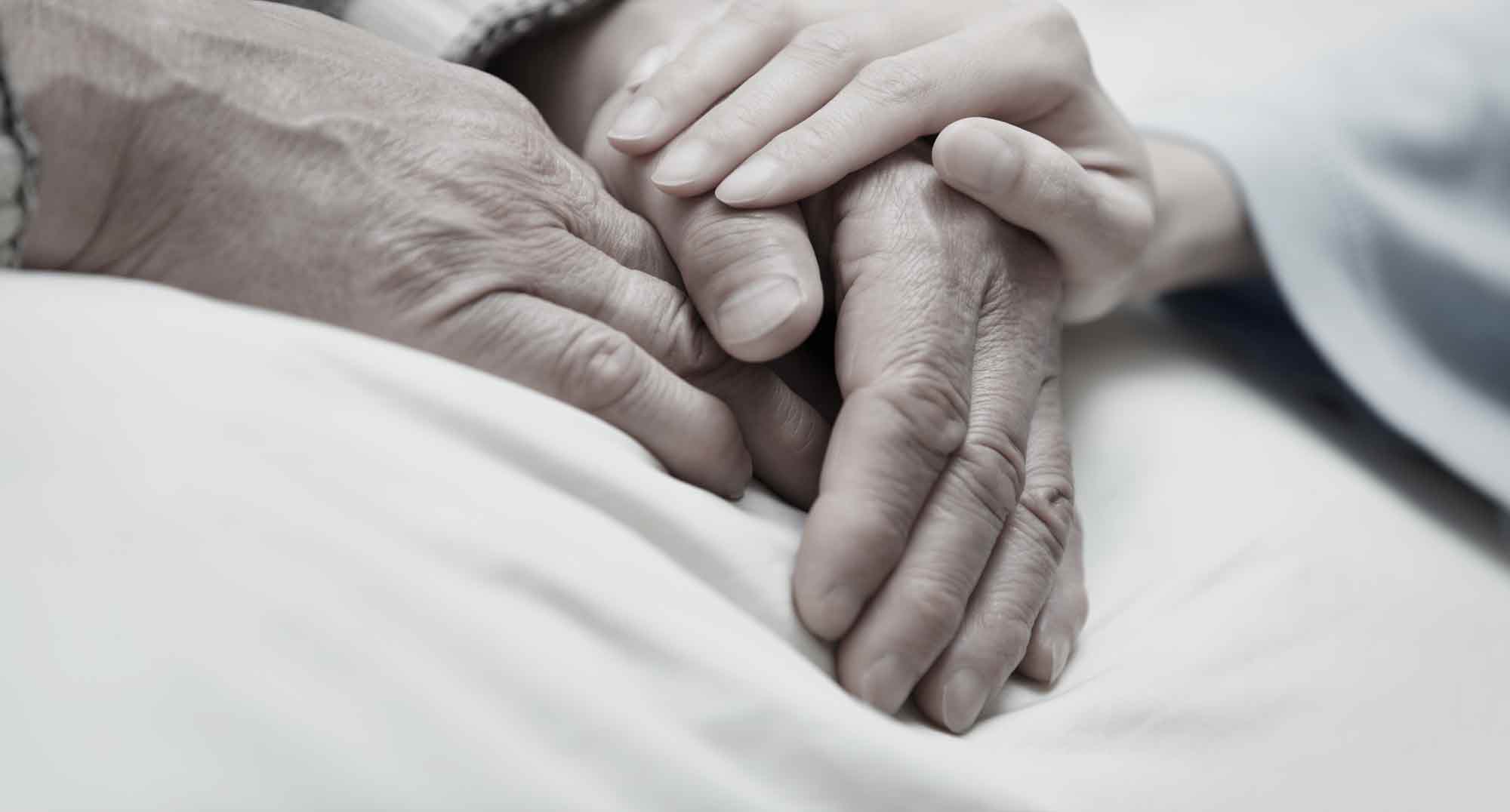Comforting Caregivers: The Gospel Call to Self-Care
ELIZABETH TURNAGE|CONTRIBUTOR My father was dying of cancer, and I was caring for our twenty-two-year-old son who had already had three surgeries for a brain tumor and now required IV antibiotics four times daily. I skipped my yearly physical and my yearly mammogram. I ate more sugar and exercised less. I slept poorly. Strands of hair came out in my hands as I washed it. Dark half-moons carved themselves into the skin under my eyes, and fatigue fell over me like a persistent fog. During my most intense season of caregiving, my self-care deteriorated rapidly, and my body paid the price. According to the 2020 AARP Study on Caregiving, I was not alone. Of the approximately 53 million people who are now providing unpaid care for an adult with “health or functional needs,” at least 23 percent say caregiving has worsened their physical health.[i] Kelly Markham, LCSW and palliative care expert, explains the lethal cycle: The caregiver believes that she alone can tend to the loved one properly; the loved one often reinforces that belief. Under the chronic stress of caregiving, the caregiver’s health suffers. Committed to caring for her loved one, the caregiver neglects her own care. Such neglect of self-care has been shown to lead to an earlier and higher mortality rate for caregivers as compared to non-caregivers. One in five people are now unpaid caregivers and 61 percent of caregivers are women. Chances are, you know an unpaid caregiver. To minister well to our caregiving friends, we can help them understand the gospel call to self-care and assist them in practical ways. The Gospel Call to Self-Care for Caregivers First, we can help the caregiver recognize that the type of self-care advocated is not self-indulgence. Sadly, some people have destroyed their own health in the name of denying themselves and taking up their crosses (Luke 9:23). When Jesus called us to deny ourselves, he did not mean for us to deny or denigrate our humanity—our mental, emotional, and physical needs for rest, exercise, good nutrition, and medical care. Jesus himself acknowledged his human limitations by sleeping and eating and taking time away from his ministry to pray and rest (Mark 4:35-40; Matthew 14:22-23). Jesus tended to his physical health and to that of others, showing us how to live our calling to “glorify God” in our bodies, because they are “the temple of the Holy Spirit” (1 Corinthians 6:19). Self-care of this kind is not self-indulgent, but rather, responsible stewardship...










